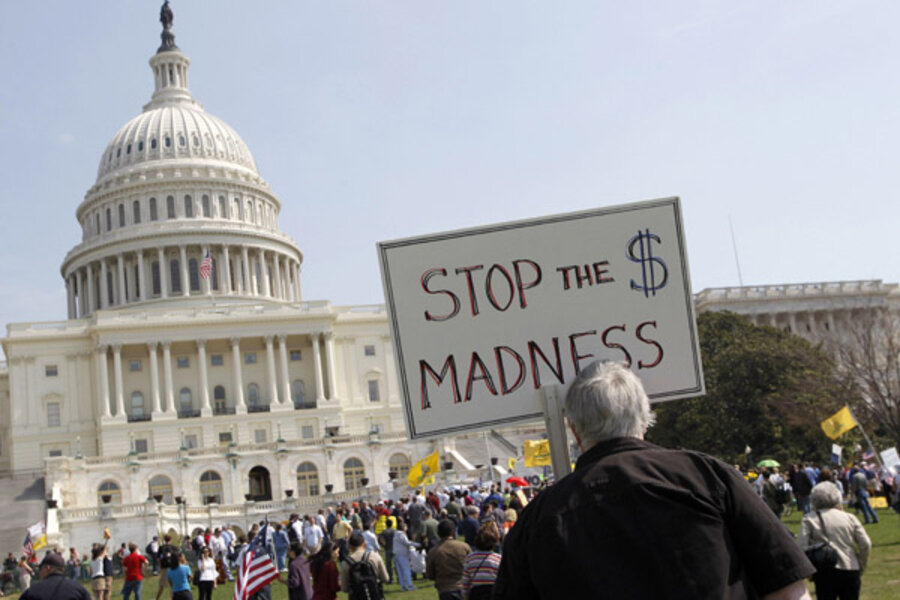The budget uncertainties of health reform
Back in March, the Congressional Budget Office (CBO) estimated that the new health legislation would reduce the federal budget deficit by about $140 billion over the next ten years and by about 0.5% of gross domestic product in the decade after that. Ever since, analysts have been debating whether we should believe those estimates. Some say the legislation will deliver much larger budget savings than those modest estimates suggest, while others insist it will greatly increase future deficits.
That debate reflects two types of uncertainty about the legislation’s fiscal impact.
The first is technical. As physicist Niels Bohr (not Yogi Berra) once said, prediction is difficult, particularly about the future. CBO had to make hundreds of educated guesses about future health costs and how consumers, employers, providers, insurers, state governments, and federal officials will respond to dramatic changes in the insurance market. Some of those assumptions will be wrong. But observers disagree on which ones and in what direction.
The second uncertainty is political. The new law will change the landscape for future health policy debates. Those changes (which rightly fall outside the scope of CBO cost estimates) may make it easier or harder for future policymakers to address our long-run budget challenges. I suspect that these political uncertainties are the main reason that optimists and pessimists disagree so strongly on the law’s budget impact.
Pessimists argue that to pay for coverage expansions, the legislation ate up budget savings that could otherwise have been used to address our long-run fiscal challenges. By “emptying the quiver” of some desirable policy options, the health law thus indirectly worsened the long-run budget outlook in a way CBO could not capture.
The pessimists also predict that future Congresses will water down or eliminate some budget savings. To make the budget numbers work, lawmakers combined a large helping of dessert (most notably health insurance for an additional 31 million Americans) with a large serving of spinach (for example, a new excise tax on “Cadillac” insurance plans and cuts in Medicare provider payments). History suggests, however, that policymakers often lose their appetite for the greens (see, for example, physician payments in Medicare).
The optimists believe that the fiscal impact will turn out better than CBO predicted. They note the law includes numerous experiments aimed at uncovering ways to rein in health costs while maintaining or improving quality. Among them: restructuring provider payments, increasing funding for comparative effectiveness research, and creating a new independent board to review Medicare payments. We don’t really know how to reduce medical costs today, but by trying many different approaches and learning from their results, the law will eventually enable future Congresses to adopt the most promising reforms.
Successful health reform may also improve future budget politics. Some past proposals to reduce federal involvement in health care – such as increasing the Medicare eligibility age or rolling back the enormous tax subsidy for employer-provided health insurance – have foundered on fears that some people would lose insurance. But by covering millions of uninsured, the health law reduces that risk, and policymakers may be able to take hard steps that until now have been politically impossible.
It’s hard to know how these political uncertainties will balance out. The law did indeed remove some arrows from the policy quiver, and it is easy to imagine policymakers backing down from scheduled spending cuts or tax increases. So the pessimists have a strong case. But the optimists are also right that if the new law succeeds, it will open new ways to rein in federal health spending. I certainly hope so.
Add/view comments on this post.
------------------------------
The Christian Science Monitor has assembled a diverse group of the best economy-related bloggers out there. Our guest bloggers are not employed or directed by the Monitor and the views expressed are the bloggers' own, as is responsibility for the content of their blogs. To contact us about a blogger, click here. To add or view a comment on a guest blog, please go to the blogger's own site by clicking on the link above.





